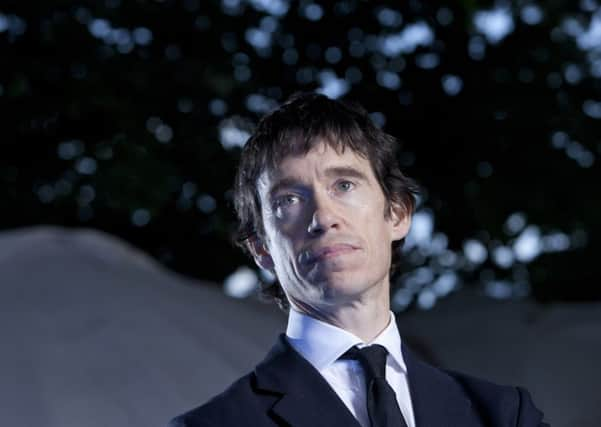Book review: The Marches, by Rory Stewart


In some ways, Stewart resembles a Robert MacFarlane who has chosen geopolitics over metaphysics as his boots hit moss, mud, gravel, tarmac and bog and jog his thoughts. “It is only ideas gained by walking that have any worth,” said Nietzsche, and a large number of contemporary writers seem inclined to that incline. What Stewart learned was that categories like “Scottish” and “English” become very fuzzy indeed in the Borders. This is not to say that he does not recognise a difference, and many of the most perceptive observations involve land ownership north and south of the Border. But there is also more in common between Hexham and Hawick than there is between Selkirk and Stromness, or Carlisle and Canterbury. Identity is a vexed issue, and Stewart is admirable in admitting his own prejudices and misgivings, his revelations and his unexpected epiphanies. I have always known in my bones that the Borders is “different” and at the same time united over the Tweed. My parents remember that children from Shotton or Pressen Mill had different accents to those in Ednam or Sprouston, despite these areas being only a few miles apart.
He is also a listener. This book is in many ways gleaned from conversations, whether they are with the sheep farmer in Hayeswater or a recollected blether with his father – who frequently calls him “darling” and acts as a kind of narrative counterpoint, giving space to the views that he himself would not. That may sound more critical than it should, as this book is in some ways a long elegy – for a father, for an idea of what nationality is, for what the Empire meant, for what legacy means.
Advertisement
Hide AdStewart, well aware of the arbitrary nature of borders, is as interested in their psychology: “they soon take on a deep and almost permanent reality”. This is refracted through the book. It is Scotland and England (with the Borders the “third term” we say in Critical Theory, the point that disrupts the dichotomy), it is also the different valleys in Afghanistan where Stewart walked, or the markets and bazaars where his father drifted and glimpsed and noted. The book unites the contemporary politics of home and abroad wonderfully; with sensitive discussions of how locality might mean more than country, how union might be less motivating than kinship and how the Empire was not as monolithic as some histories claim.
At one point he writes, “I missed, and misunderstood a lot.” It may be in the context of the observation of nature, but it rings throughout the book’s politics as well. I do not mean by this that Stewart converted from being a supporter of the No Campaign to a fervent Yes supporter: he realised that things are difficult and strange, and it is a brave writer – let alone a brave politician – who will admit to that.
There is a persistent interest in how the land is made by us as much as we make the land. Ought we support the struggling hill farmers or re-wild the landscape? Is the best custodian of the landscape the landscape alone or an interventionist and productive curation? Are wind farms worse than Windscale, the nuclear power station renamed Sellafield? Different readers will have different responses, but to Stewart’s credit he allows both sides of the arguments to breathe, without too obviously siding with either one.
This is rare in a book by a politician. It has more in common with the novelist Sarah Hall or the thinker Sara Maitland than with Ed Balls or Nick Clegg. As Stewart thinks through issues such as how the Romans occupied Britain compared with how the British did it in Iraq, or how unnatural our natural landscape is, or how his father both was and wasn’t the epitome of the British Empire that is so frequently reduced to caricature, I had one lingering feeling; that Theresa May would do well to promote him.
The Marches, by Rory Stewart, Jonathan Cape, £18.99